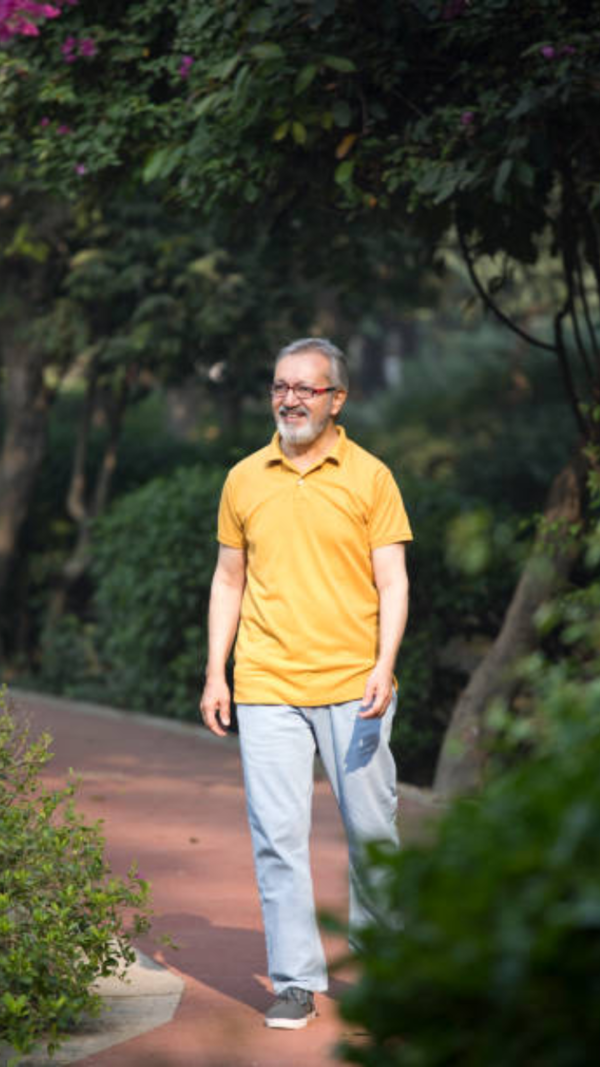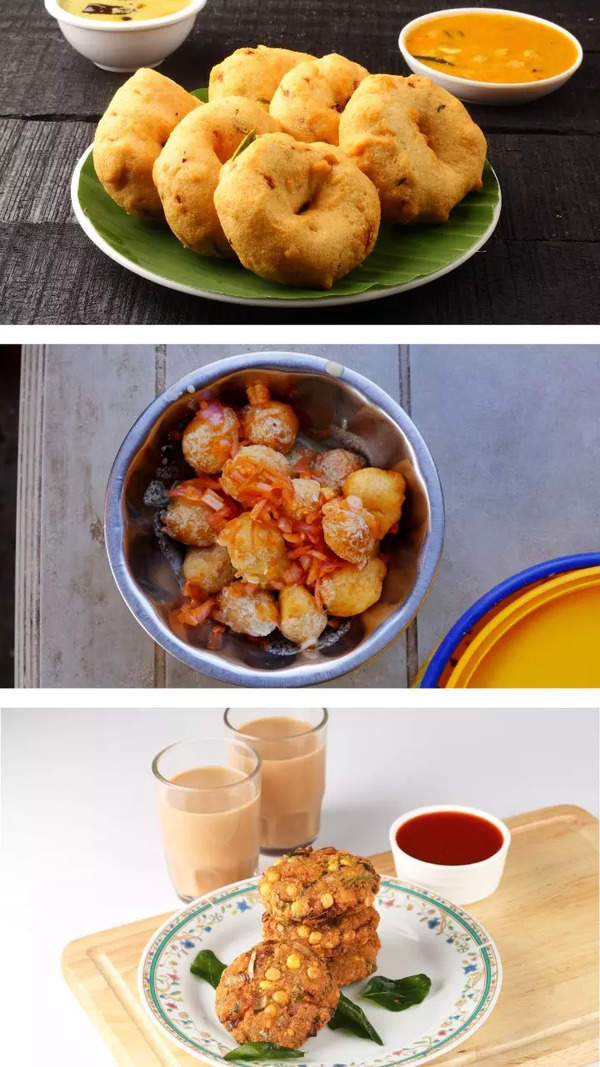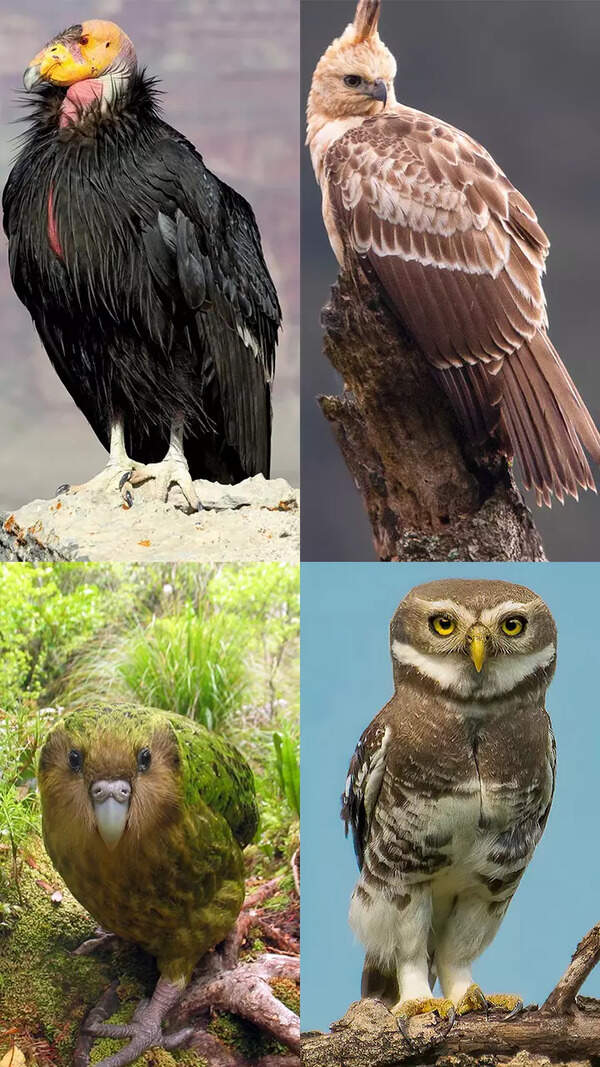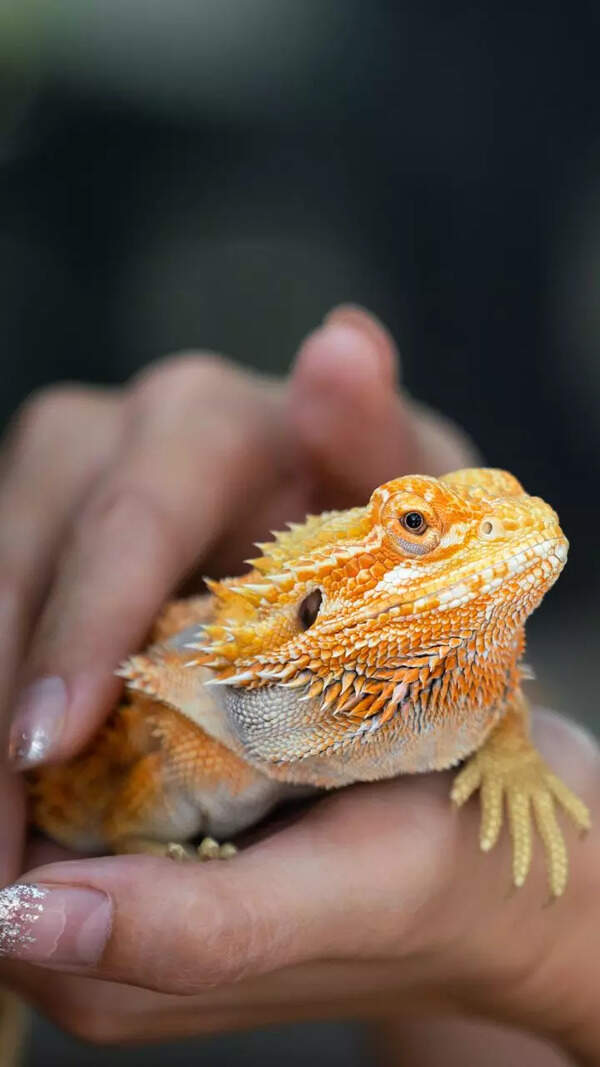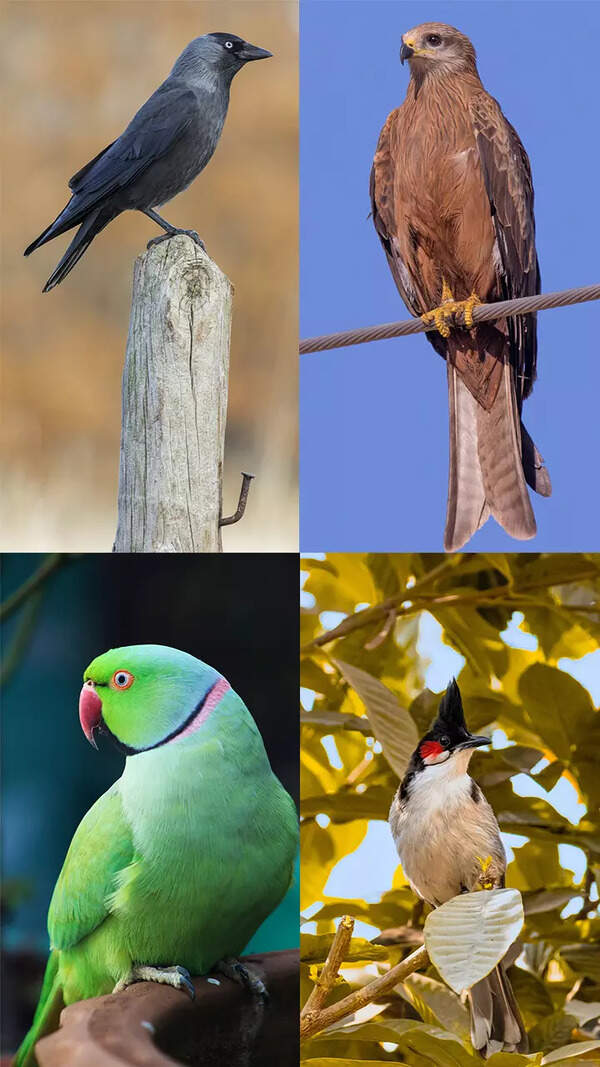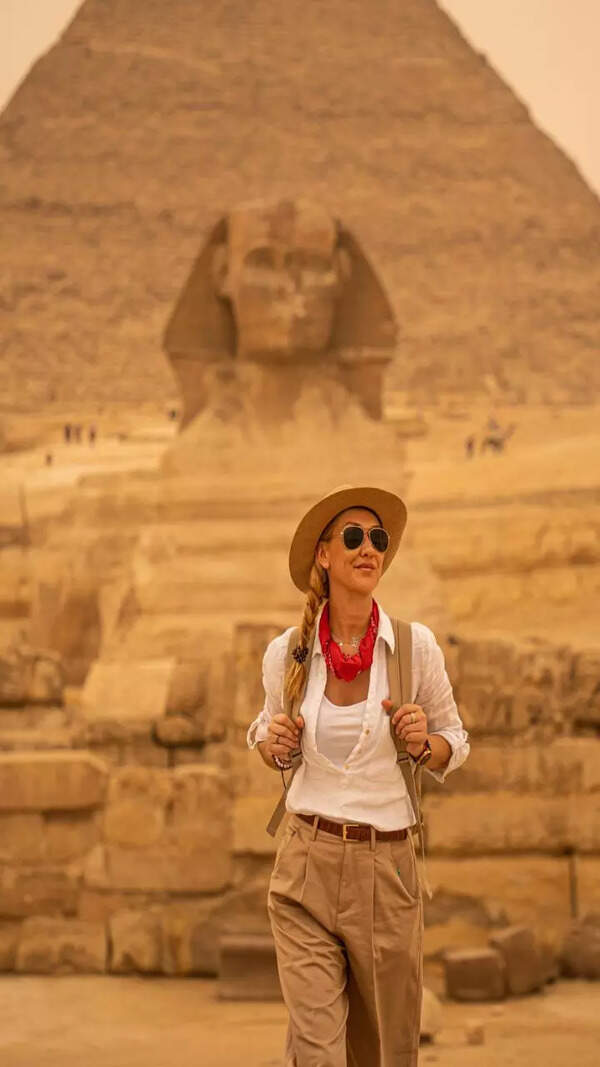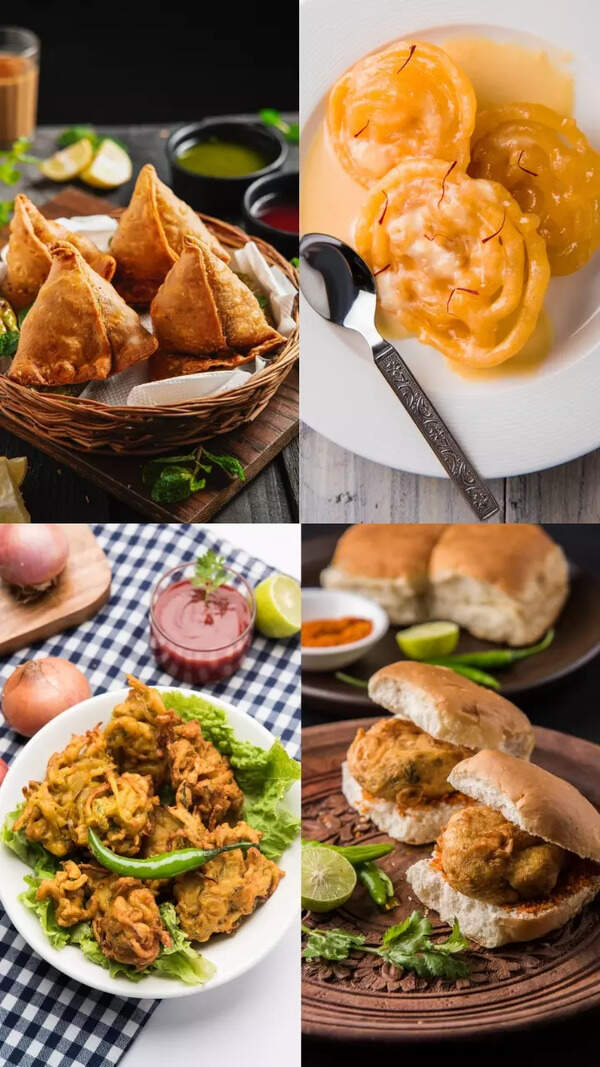- News
- City News
- nagpur News
- Chittagong’s Buddhist monk in queue for citizenship under CAA
Trending
Chittagong’s Buddhist monk in queue for citizenship under CAA

He has been in India since 2011, when he came on a tourist visa which has now expired. Residing in Nagpur for close to a decade, Barua, 35, has applied for Indian nationality under Citizenship Amendment Act (CAA).
Admitting that his visa is invalid, Barua says he overstayed because he finds it safer in India. A communal flashpoint in Chittagong in 2014, when Buddhist shrines were destroyed and burnt by a mob had left him concerned, he told TOI. He was in India at that time and decided to stay back.
CAA offers a fast-track process for getting Indian citizenship to Hindus, Buddhists, Christians, Jains and Parsis from Pakistan, Bangladesh and Afghanistan. Applications which began pouring in after rules for implementation of CAA law were notified in March and are being processed at the department of posts and forwarded to the Union home ministry.
Chittagong has a sizable Buddhist population and its hill tracts are inhabited by Chakma tribals, who continued their resistance against the Bangladesh government. In the plains of Chittagong, there are Buddhists like Barua, who share a relatively peaceful relationship with majority groups, but still live in fear.
Barua says he came to India on a tourist visa to visit Bodh Gaya, a key site of Buddhist pilgrimage. “I liked India and came to Nagpur after I learnt about Dr Babasaheb Ambedkar’s embrace of Buddhism with lakhs of Dalits here. Since then, I have been living in the city. My needs are being taken care of by fellow Buddhists. I am like a refugee,” he told TOI.
His parents and a brother still live in a village in Chittagong district. He says other Bangladeshi Buddhists too had come to India, but he lost contact with them in these years.
“I am not a Chakma, they live in the hills. We are Buddhists from the plains and we comprise 400 families. Those in the plains are not involved in armed struggle like Chakmas. But the situation gets tense and we often feel a threat to our lives,” he says.
A senior journalist from Dhaka told TOI that even Chakmas have entered into a truce with the government in late 90s. However, Buddhists of plains have been peaceful and he could recall no major incidence of violence.
“I applied for Indian citizenship soon after CAA became effective in March and got all my documents from Bangladesh,” says Barua. He shows a birth certificate, school-leaving documents, class 12 marksheet and other govt papers.
During his stay in India, Joysen Barua got an Aadhaar card and other relevant documents.
“I have been asked to get some corrections done in the application,” he says.
End of Article
FOLLOW US ON SOCIAL MEDIA
